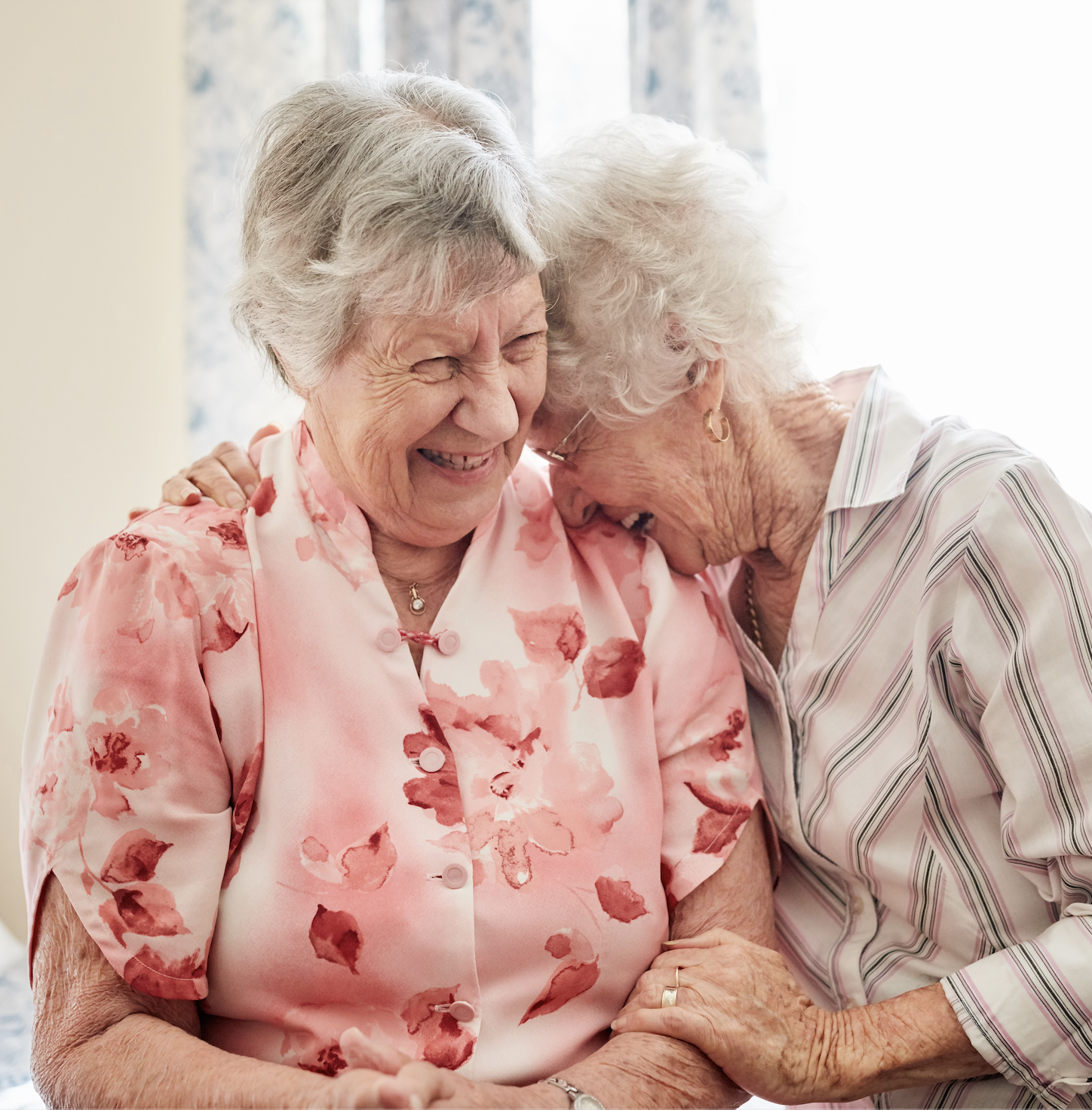
Extra care housing, often touted for its benefits in providing a balance between independence and care for older adults, is not without its disadvantages. While this form of care home offers a supportive environment, it's essential to consider potential drawbacks before making a decision. In this article, we will explore the disadvantages of extra care housing to provide a well-rounded view for individuals and families considering this housing option.
Costs and financial considerations:
Find YOUR ideal care home NOW!
One of the primary disadvantages of extra care housing is the cost. These facilities often come with a price tag that includes rent, service fees, and additional charges for care and amenities. It's crucial to evaluate whether the financial aspect aligns with the individual's budget and resources.
Limited medical care:
Extra care housing primarily focuses on providing assistance with activities of daily living (ADLs) and basic healthcare needs. It may not offer the level of medical care provided in nursing homes or skilled nursing facilities. Individuals with complex medical conditions may require additional medical services that are not available on-site.
Waiting lists and availability:
Extra care housing can be in high demand, leading to waiting lists for admission. Securing a spot in a preferred facility may require patience and advanced planning. Availability can also be limited in certain geographic areas.
Community dynamics:
While extra care housing promotes social interaction, the dynamics of the community may not suit everyone. Residents have diverse backgrounds, interests, and personalities, which can lead to conflicts or discomfort for some individuals.
Level of independence:
Extra care housing offers a balance between independence and support, but for those who value complete autonomy, it may still feel restrictive. Some residents may find the presence of caregivers intrusive or feel like they have less control over their daily routines.
Relocation stress:
Moving into an extra care housing facility often involves a significant change in living arrangements. This transition can be emotionally and psychologically challenging, leading to stress and adjustment difficulties for some individuals.
Limited choice of caregivers:
Residents do not have the option to choose their caregivers in extra care housing, as staff members are assigned by the facility. Compatibility with caregivers may vary, and individuals may not always have a say in their care providers.
Aging in place challenges:
While extra care housing aims to accommodate changing care needs, there may come a point where residents require a higher level of care. In such cases, individuals may need to transition to more intensive care settings, leading to another relocation.
Extra Care Housing vs. Alternative Senior Living Options
| Feature | Extra Care Housing | Nursing Homes | Independent Living |
|---|---|---|---|
| Independence | Moderate - private living but with support | Low - 24/7 care with structured routines | High - residents manage their own lives |
| Medical Care | Basic assistance, no complex medical services | Comprehensive 24/7 medical supervision | Minimal or no healthcare support provided |
| Social Engagement | Community activities and shared spaces | Limited due to structured care routines | Varies based on personal preference and lifestyle |
| Cost | Moderate to high, depends on services | High, includes medical and personal care | Lower, mainly covering rent and basic amenities |
| Caregiver Selection | Staff assigned by facility | Medical and care staff assigned | Residents hire their own caregivers if needed |
| Aging in Place | May require relocation if care needs increase | Long-term solution for high-care needs | Designed for independent seniors, limited care support |
Extra care housing offers a valuable housing option for older adults seeking a supportive and socially engaging living environment. However, it's crucial to be aware of the potential disadvantages, including costs, limited medical care, availability challenges, community dynamics, and the adjustment to a new living situation. Careful consideration of these drawbacks, along with an individual's specific needs and preferences, can help make an informed decision about whether extra care housing is the right choice for them or their loved ones.
FAQ:
1. Is extra care housing expensive?
Yes, costs can be high due to rent, service fees, and additional care charges. It's important to budget carefully and explore financial assistance options.
2. Does extra care housing provide medical services?
Extra care housing offers assistance with daily activities and basic healthcare but does not provide 24/7 medical supervision like a nursing home.
3. How long is the waiting list for extra care housing?
Waiting times vary depending on demand and location. Planning ahead and applying early can improve the chances of securing a spot.
4. Can residents choose their caregivers?
No, caregivers are assigned by the facility, which may lead to compatibility concerns for some residents.
5. What happens if a resident's health deteriorates?
If a resident requires higher levels of care, they may need to transition to a nursing home or specialized care facility.
6. How does extra care housing support socialization?
These facilities offer communal spaces, group activities, and events to encourage social interaction and reduce isolation.
7. What are the downsides of community living in extra care housing?
Community dynamics may not suit everyone, and conflicts can arise due to differing personalities and backgrounds.
8. How does extra care housing compare to nursing homes?
Extra care housing provides more independence but offers limited medical care, while nursing homes provide comprehensive 24/7 medical support.
9. Is it difficult to adjust to extra care housing?
The transition can be emotionally challenging, and some residents may experience relocation stress before settling in.
10. What factors should be considered before choosing extra care housing?
Key factors include cost, level of care required, availability, social environment, and long-term care options.
We are here to help you choose a care home or facility best suited to your needs. Do not hesitate to contact us on the following number: 0230 608 0055 or fill out this form.
Do you need a care home for yourself or your loved one?
Share this article :
Latest posts
You are looking for an establishment for your loved one ?
Get availability & prices
Fill in this form and receive
all the essential information
We would like to inform you of the existence of the opposition list for telephone canvassing.











